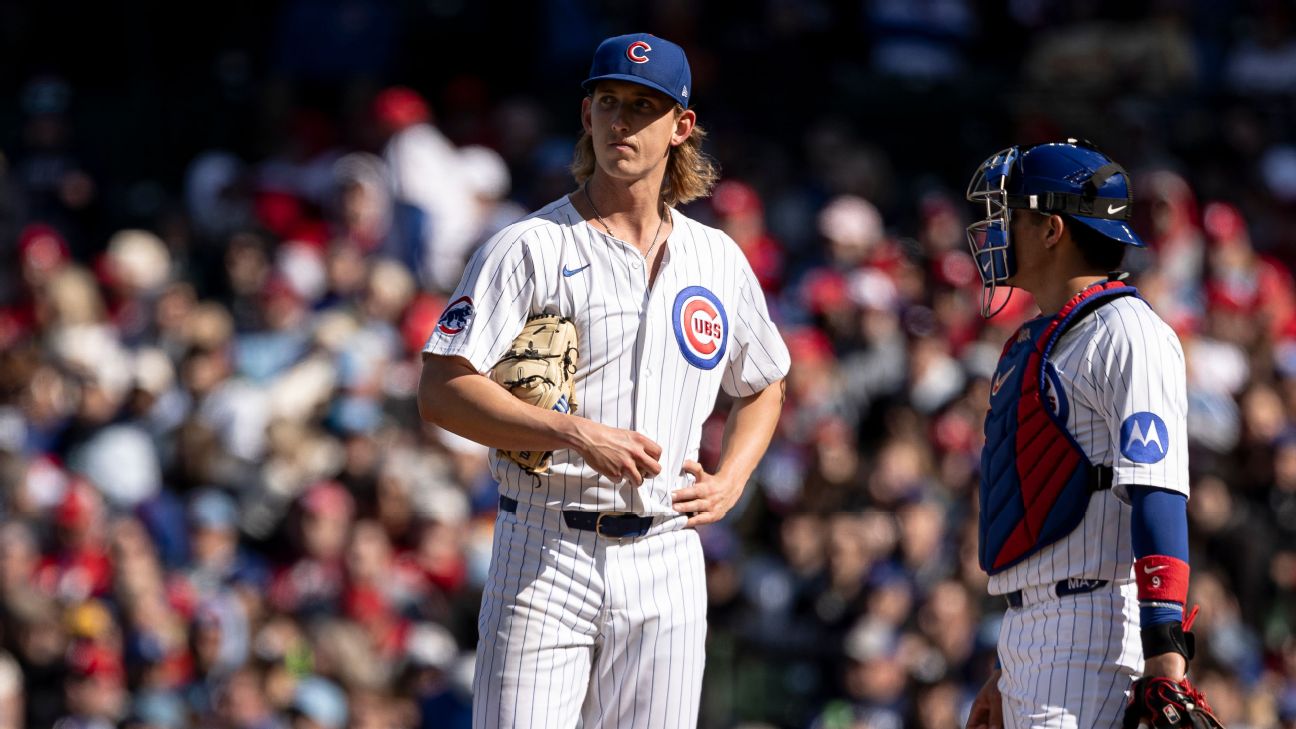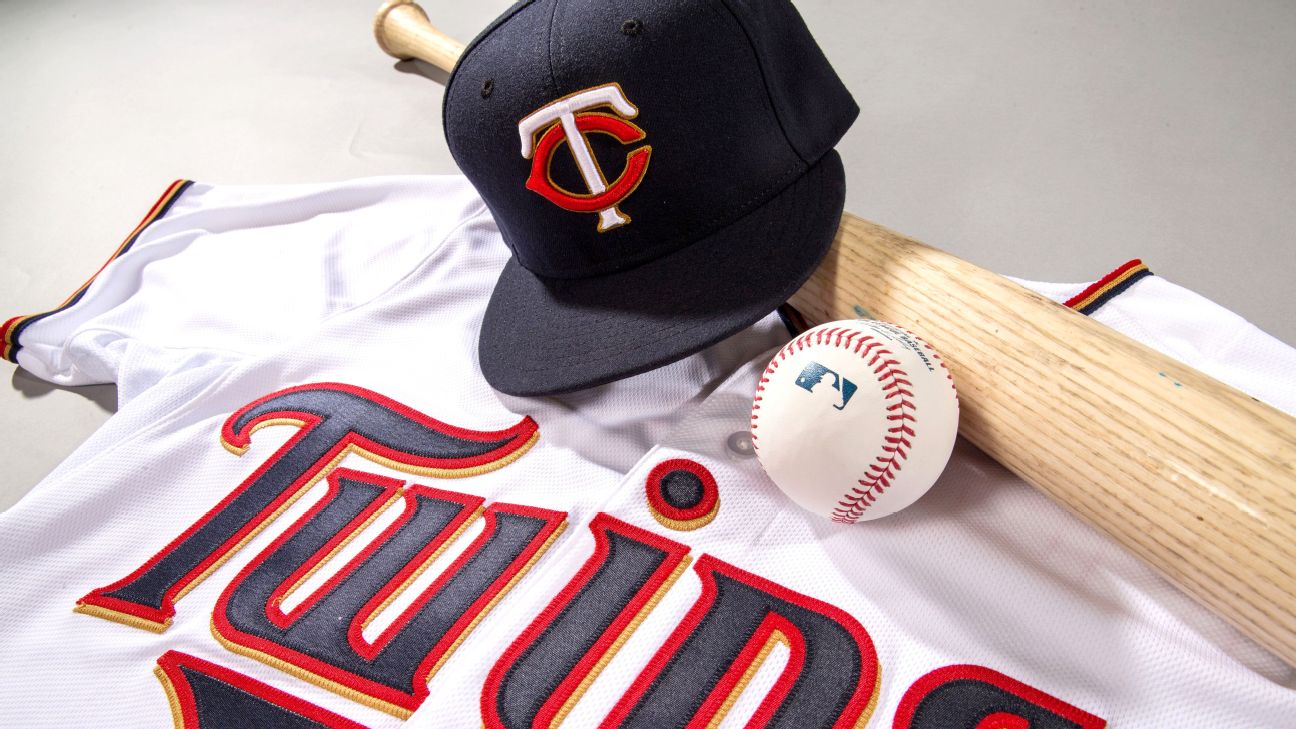Phillies make it official: Original Phanatic mascot design will return
An updated-look Phanatic mascot debuted in 2020 amid a legal dispute.

PHILADELPHIA (WPVI) -- The next time we see the Phillie Phanatic the mascot will be back in his original form, the team announced on Tuesday afternoon.
This comes after Phillies and the Phanatic's designers settled a lawsuit on Monday.
"We welcome the original Phillie Phanatic back with open arms," Phillies Executive Vice President David Buck said in a statement. "We are so proud of the 44-year history of the Phanatic and what the character means to the organization, to the City of Philadelphia and to Phillies fans everywhere."
A tongue-in-cheek announcement, purportedly from the Phanatic's attorney and business manager, simply said: "I'm back."
Last month, it was announced the two sides had reached a settlement, but the details were not disclosed.
The story of the Phanatic dates back to the 1970s.
The Phillies commissioned Bonnie Erickson and her husband Wayde Harrison (Harrison/Erickson Incorporated) to create a team mascot in 1978.
According to court documents, puppeteer Jim Henson had recommended Erickson to the Phillies after working with her on designing the Muppets.
"On March 17, 1978, The Phillies and H/E entered into a written agreement for 'the design and construction of a character to be known as The Phillie Fanatic (sic) for use as an entertainer during home baseball games,'" court documents read.
The New York-based H/E Inc. registered the copyright for their Phanatic in 1979 and licensed it to the Phillies in 1984 for $250,000.
But in June 2018, the mascot's creators notified the Phillies they would terminate the 1984 agreement in June 2020 and reclaim the Phanatic's copyright after 35 years, when federal copyright laws allow artists the right to renegotiate rights to their work.
The co-creators said they were in the middle of negotiations with the team over the mascot when the Phillies sued in August 2019.
In a statement to Action News in August 2019, the artists said they were incredibly disappointed: "At the Phillies request more than 40 years ago, we created the Phanatic, giving him a story and a life. Over the decades since, we have taken care of him, even patching him back together when he needed it. While we very much want the Phanatic to remain the Phillies mascot, we will not yield to this lawsuit tactic."

The Phillies said in their suit, the team was "co-author of the Phanatic costume because it contributed" to the mascot's design and "the author of the Phanatic character" as the organization "brought to life" the costume.
The Phillies' suit was also to prevent the Phanatic from becoming a free agent, and having any other team from using and selling Phanatic products. The Phillies said H/E had threatened to make the Phanatic "a free agent" if the 1984 agreement was not renegotiated, according to court documents.
As the dispute continued, the Phillies hired an artist to make modifications to the Phanatic's look in January 2020. The mascot's changes included feathers rather than fur-colored arms, stars outlining the eyes, a powder blue tail, and new socks and shoes. It debuted the next month.
After its debut, Harrison called the 'new' Phanatic an "affront to our intellectual property rights and to Phillies fans everywhere."
In August's ruling, Netburn said those changes -- under the Derivative Works Exception -- should allow the Phillies to keep its mascot, as they were made in early 2020 before the termination of the parties' agreement, or as the judge's filing read, "prepared under authority of the grant before its termination."
"A derivative work is 'a work based upon one or more preexisting works . . . . A work consisting of editorial revisions, annotations, elaborations, or other modifications which, as a whole, represent an original work of authorship, is a 'derivative work,'" court documents said.











